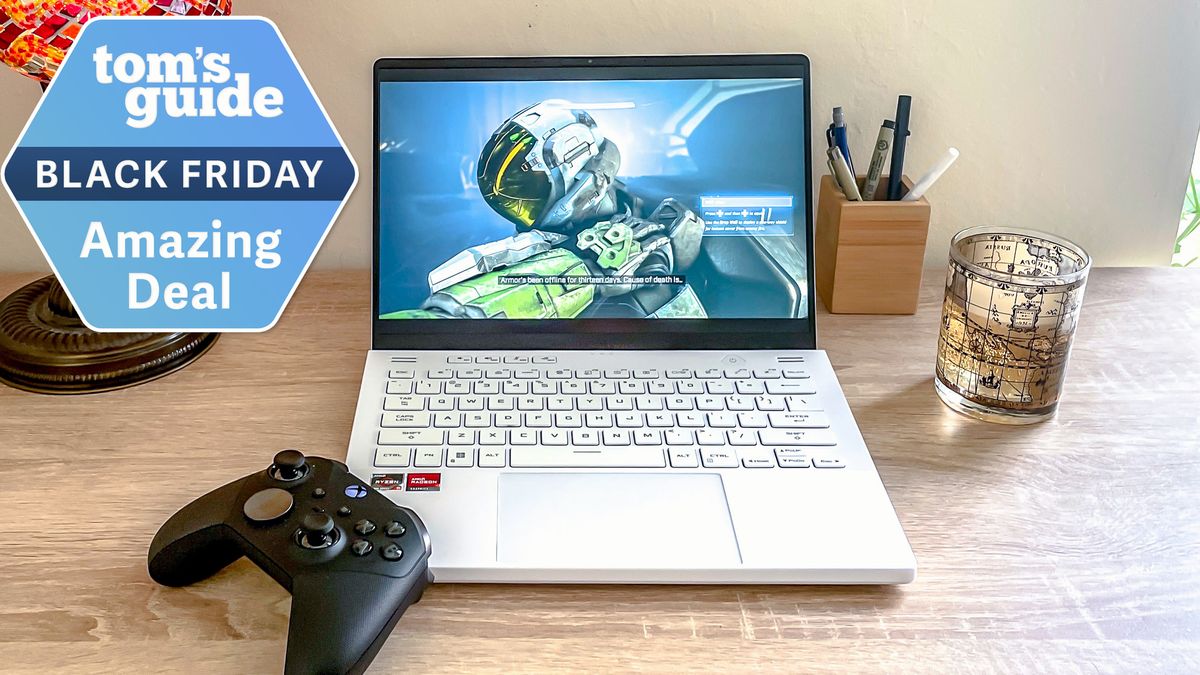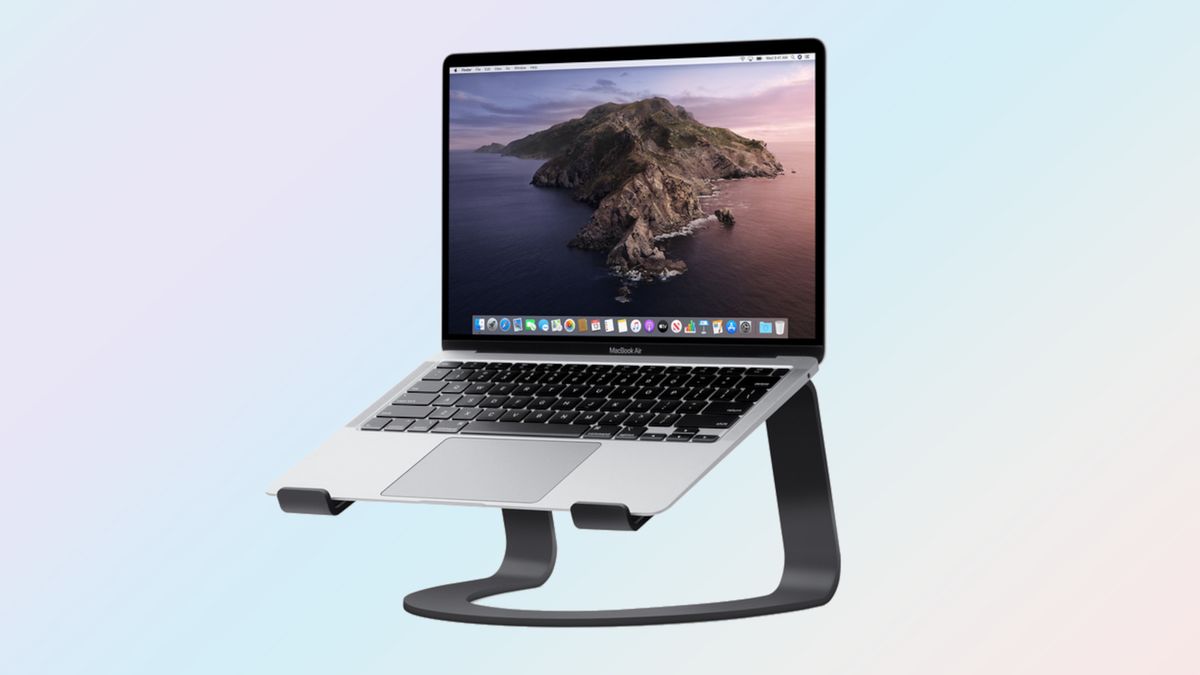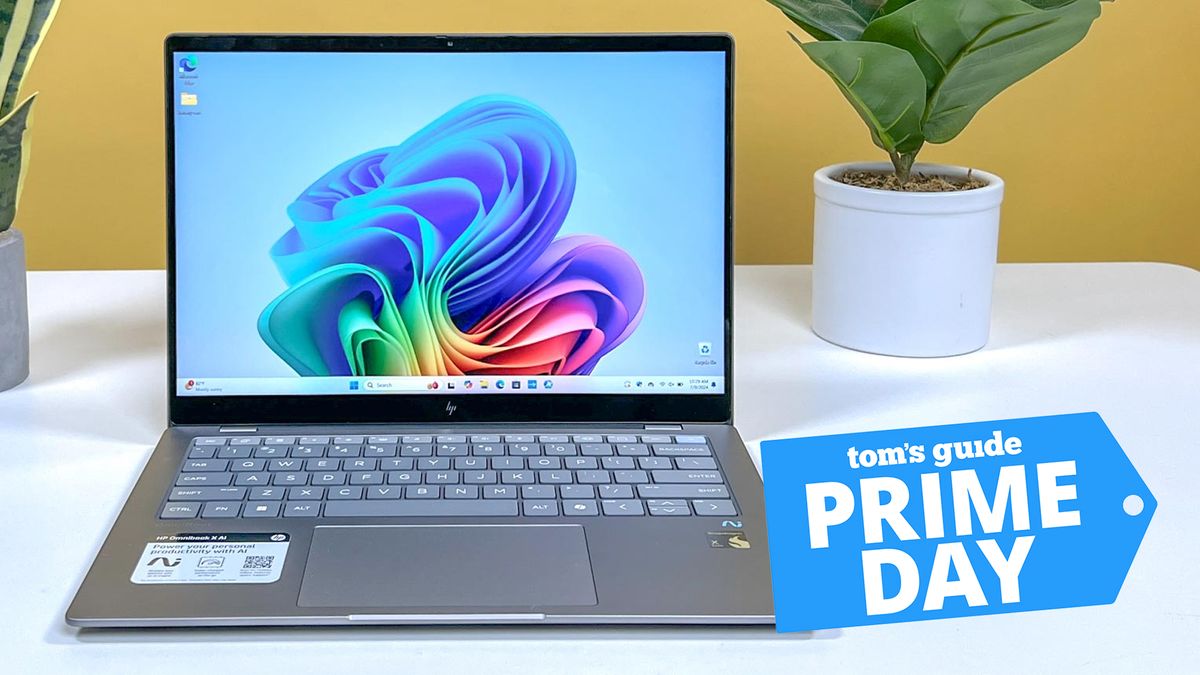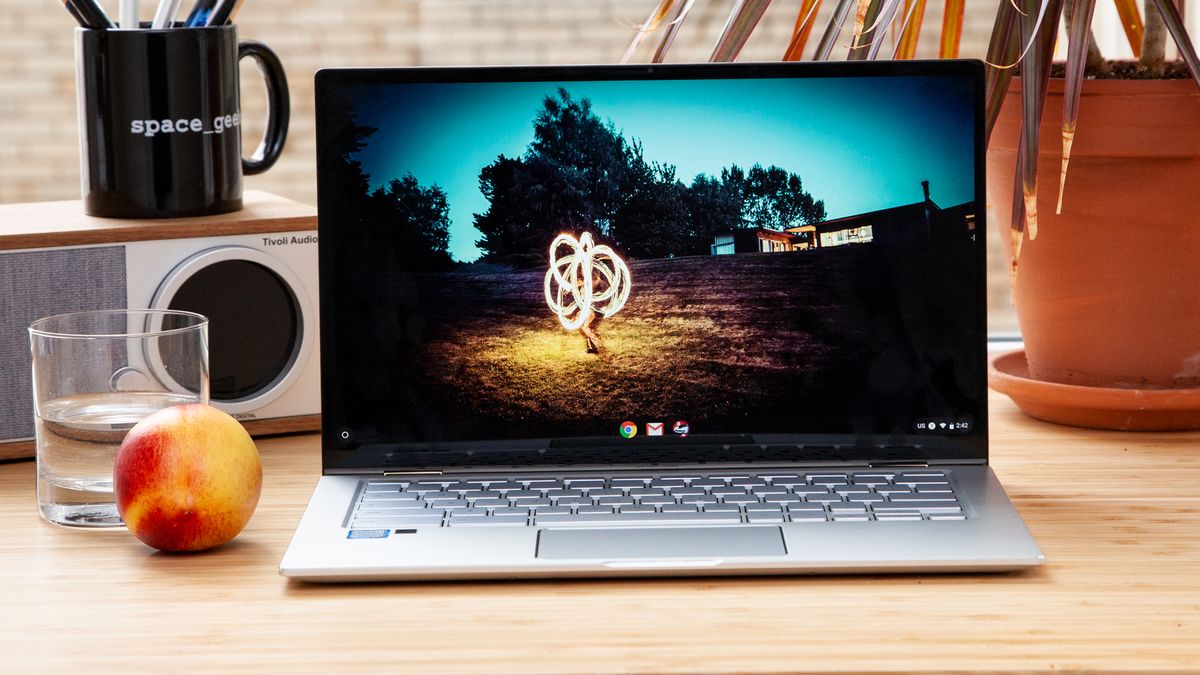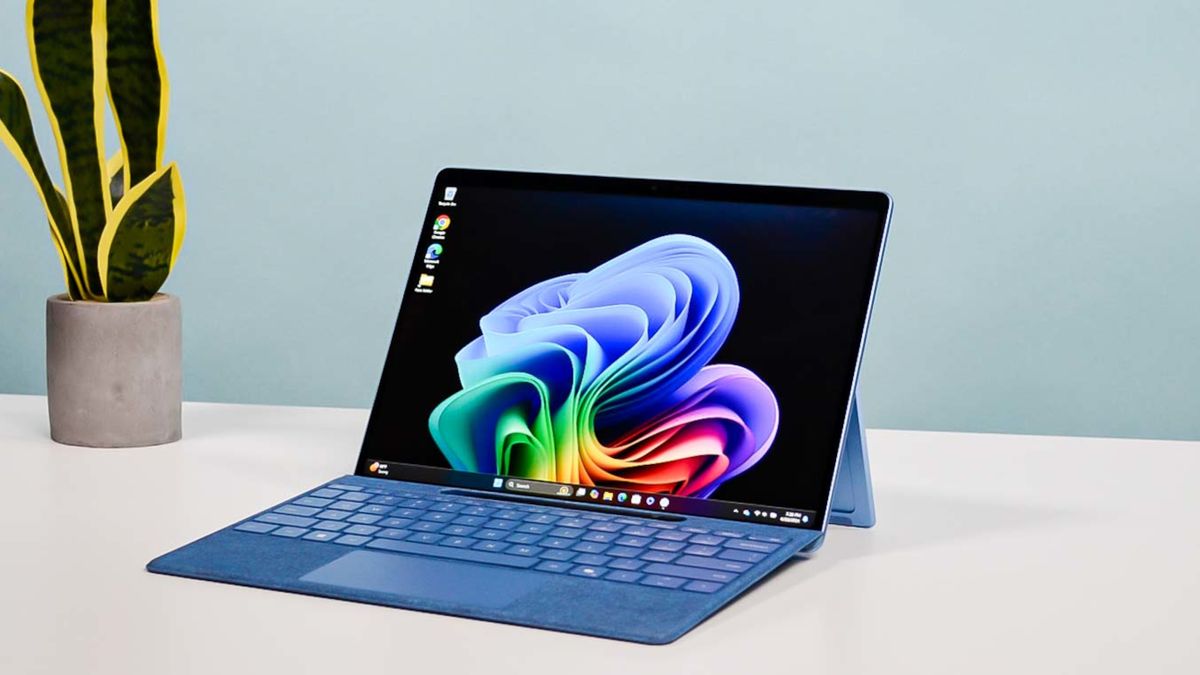






The first wave of Copilot+ PCs started arriving this summer and I’ve tested and reviewed several of the most notable ones. Specifically, the Microsoft Surface Pro 11, HP OmniBook X, Dell XPS 13 (2024), Lenovo Yoga Slim 7x and Samsung Galaxy Book 4 Edge (full review pending).
These Snapdragon X Elite-powered notebooks rank among the best Windows laptops we’ve tested, with enough power and endurance to take on the best MacBooks.
Though each of these Copilot+ PCs (as Microsoft calls them) has unique attributes, they also share many commonalities. That’s unsurprising given how they all pack Qualcomm’s new laptop processor and run on Windows 11. Because of that, I’m able to discuss the strengths and weaknesses of the current crop of AI-focused laptops.
Here are 3 things I like and 3 I don’t like about Copilot+ PCs.

Copilot+ PCs: What I like
Epic battery life

Much of the marketing for Copilot+ PCs has centered around the laptops’ AI capabilities. But as I’ll discuss later on, that’s not (yet) a true selling point for these machines. However, there is one major beneficial component most Copilot+ PCs share, and that’s phenomenal battery life.
The king of the hill is 2024’s Dell XPS 13, which averaged 19 hours and 41 minutes of battery life, making it the longest-lasting consumer-grade laptop we’ve ever tested. The HP OmniBook X and Microsoft Surface Pro 11 also delivered M-series MacBook-like endurance at 16 hours 22 minutes and 15 hours 44 minutes, respectively.
| Header Cell – Column 0 | Snapdragon X Elite |
|---|---|
| Dell XPS 13 (2024) | 19:41 |
| HP OmniBook X | 16:22 |
| Microsoft Surface Pro 11 | 15:44 |
| Lenovo Yoga Slim 7x | 14:14 |
| Samsung Galaxy Book 4 Edge | 9:56 |
| Row 5 – Cell 0 | Apple M3 |
| MacBook Pro 14-inch M3 | 17:16 |
| MacBook Air 13-inch M3 | 15:10 |
| MacBook Air 15-inch M3 | 15:03 |
| Row 9 – Cell 0 | Intel Core Ultra 7 |
| Asus Zenbook 14 Flip | 12:21 |
| Dell XPS 14 (2024) | 8:56 |
| Acer Swift Go 14 | 8:25 |
The Samsung Galaxy Book 4 Edge comes in on the lower end, clocking 9 hours and 56 minutes. However, considering this machine packs a 15.6-inch OLED display and a stronger Snapdragon X Elite chip, nearly 10 hours of battery life isn’t horrendous.
These Snapdragon X Elite laptops are the first Windows notebooks I’ve tested that don’t have me checking battery life status every half an hour. Like when I use a MacBook, I feel confident using these laptops unplugged for extended periods. That not only makes them reliable when I’m out and about, but also means I’m not tethered to a wall.
Strong performance

Copilot+ PCs with Snapdragon X Elite don’t slouch when it comes to performance. Qualcomm boasted that its laptop processor performed better than the Apple M3 chip. Though that’s not entirely true, our testing shows the company wasn’t off-base either. As our Snapdragon X Elite benchmark tests prove, Qualcomm’s silicon matches and even surpasses its competitors in certain benchmarks.
| Header Cell – Column 0 | Geekbench 6 (single-core) | Geekbench 6 (multi-core) | Handbrake (mins:secs) |
|---|---|---|---|
| Samsung Galaxy Book 4 Edge (X Elite) | 2,935 | 13,818 | 4:57 |
| Microsoft Surface Pro 11 (X Elite) | 2,813 | 14,432 | 5:24 |
| HP OmniBook X (X Elite) | 2,347 | 12,861 | 6:20 |
| Lenovo Yoga Slim 7x (X Elite) | 2,448 | 13,750 | 5:16 |
| Dell XPS 13 (2024) (X Elite) | 2,797 | 14,635 | 4:47 |
| MacBook Air 13-inch M3 | 3,082 | 12,087 | 7:40 |
| MacBook Air 15-inch M3 | 3,102 | 12,052 | 6:34 |
| MacBook Pro 14-inch M3 | 3,037 | 11,968 | 5:38 |
| Dell XPS 14 (Meteor Lake) | 2,326 | 12,701 | 5:49 |
| HP Omen Transcend 14 (Meteor Lake) | 2,362 | 13,248 | 4:57 |
| Acer Swift Go 14 (Meteor Lake) | 2,364 | 12,612 | 5:16 |
Except for the Galaxy Book 4 Edge (featuring a Snapdragon X Elite X1E84100), the Copilot+ PCs I’ve tested pack a Snapdragon X Elite X1E80100 chip. This processor features 12 cores, a base clock of 3.4GHz and 45 TOPS. It’s not the highest-end X Elite chip, but it’s not the lowest-end either.
On Geekbench 6, which tests overall CPU performance, the Snapdragon X Elite performed well in the single and multi-core benchmark tests. As you can see in the table above, Qualcomm’s processor holds its own or beats Apple M3 and Intel’s Meteor Lake processor. The average person likely won’t notice performance differences in real-world use, but it’s interesting to see Qualcomm’s processor do exactly what the company said it would: match or beat the competition.
For everyday tasks like web browsing, using word processors and streaming, Copilot+ PCs don’t disappoint performance-wise.
Relatively affordable

You won’t find any of the Copilot+ PCs I’ve tested among the best budget laptops. That said, they won’t break the bank either.
Starting at $999, the cheapest Copilot+ PC I’ve reviewed is the Microsoft Surface Pro 11. Then there’s the $1,149 HP OmniBook X, $1,199 Lenovo Yoga Slim 7x, and $1,299 Dell XPS 13 (2024).
Again, these aren’t the cheapest laptops. In fact, the latter three are more expensive than the $1,099 13-inch MacBook Air M3. Still, even the pricier Galaxy Book 4 Edge ($1,349) costs less than the 14-inch MacBook Pro M3 ($1,599). Overall, Copilot+ PCs offer excellent value given their excellent performance and battery life.
Copilot+ PCs: What I don’t like
Underwhelming AI features

Ironically, the Copilot+ PCs’ advertised AI features aren’t a worthwhile reason to consider getting one of these laptops. Sure, there are some new AI-driven features in MS Paint (for instance) you can try out, but so far, there’s nothing AI-wise that’s truly transformative for the average person.
This might change if and when software developers create meaningful uses for on-device generative AI. But for now, Copilot+ PCs and similar “AI laptops” aren’t ushering in the AI revolution the tech industry believes is on the horizon.
Poor gaming performance

This might be an unfair point given how none of the Copilot+ PCs I’ve tested has a discrete GPU, but if you want to play the best PC games locally on your device, you’re better off getting one of the best gaming laptops (or best gaming PCs) instead.
For example, games like Fortnite can’t run on these machines since they weren’t built for Arm-based computers. And while Civilization VI can run on Copilot+ PCs, it does so at an abysmal 20 frames per second, based on our testing. That’s not exactly a graphically demanding game, which makes the result even worse.
You can enjoy modern games on Copilot+ PCs, but only if you do so via cloud gaming services like GeForce Now and Xbox Game Pass for PC.
Arm-compatibility issues

This might not be a problem for some people but it could be a major pain for others.
CoPilot+ PCs won’t run some apps and games at launch. This includes various Adobe software, games like Halo Infinite and League of Legends, and even the Google Drive desktop app. In my own testing, I found that Corsair’s iCue app doesn’t work, while other apps like Logi Options+ and Razer Synapse have limited functionality.
Compatibility issues could be resolved as more developers create apps and games for Arm architecture. However, you might be waiting a little while.



